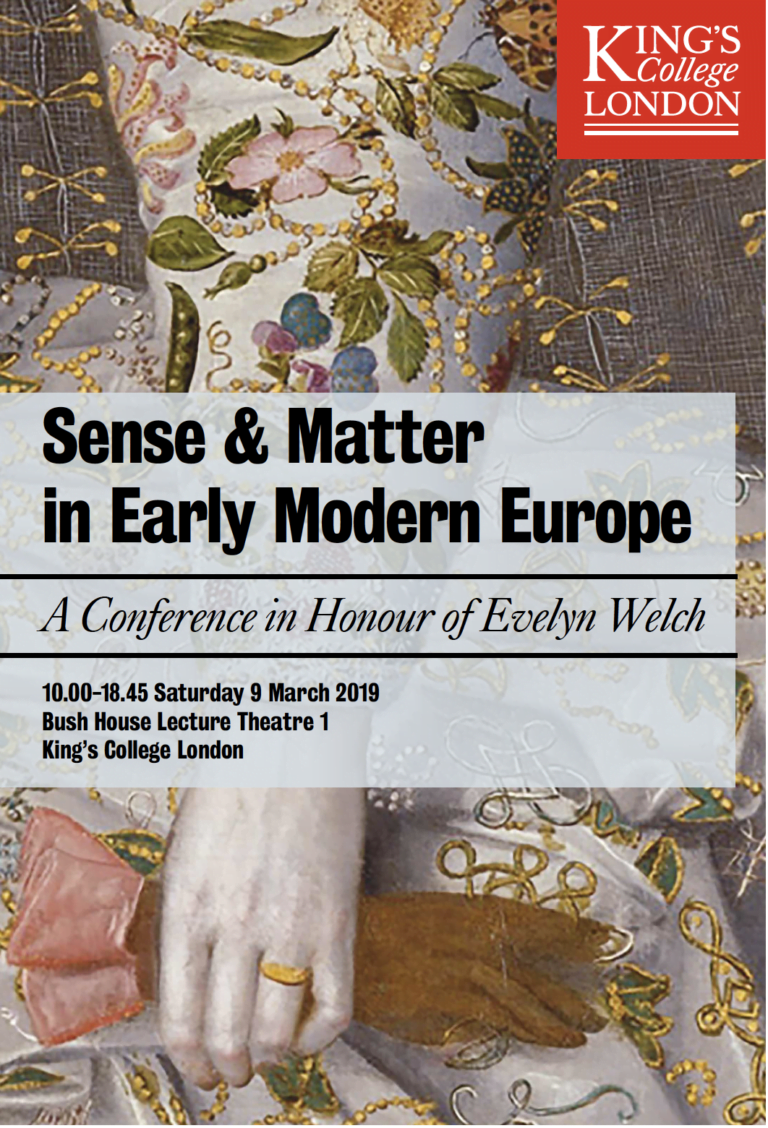
There is per force more documentary evidence for prosperous individuals from the past, who left family account books and diaries. Most of the research surrounding this debate has concentrated on elite trade and consumption because ordinary people spent most of their resources on subsistence and goods produced at home.

Her thesis responds to and advances the larger debate among Renaissance scholars over whether consumerism during this period was the root of modern consumer culture. Welch's thesis is that the Renaissance “challenges rather than reinforces a sense of linear transfer from past to present” and “threatens some basic assumptions concerning the connections between architecture and consumer behavior” (pp. Produced by Yale University Press, the book is richly embellished with reproductions of art and architecture that provide a stunning visual experience of the period as well as a documentary basis for the study. Evelyn Welch's book offers a fascinating cultural history of consumerism in Italy between 14.


 0 kommentar(er)
0 kommentar(er)
